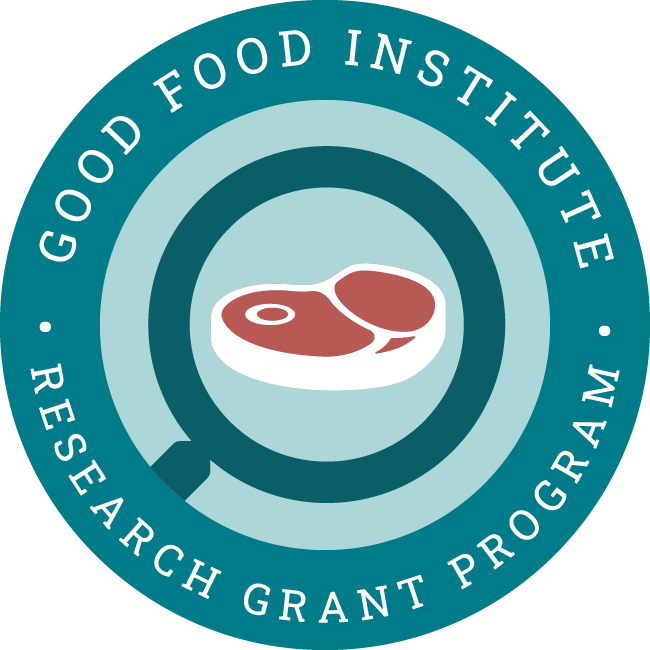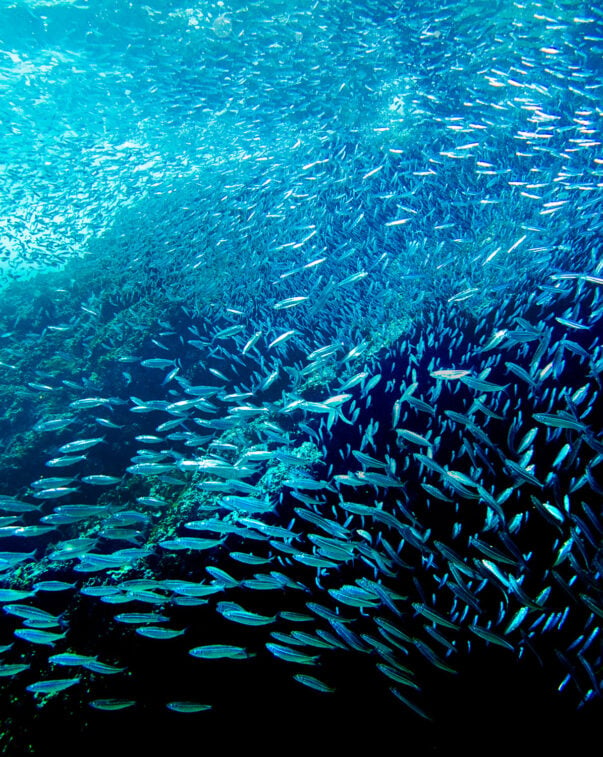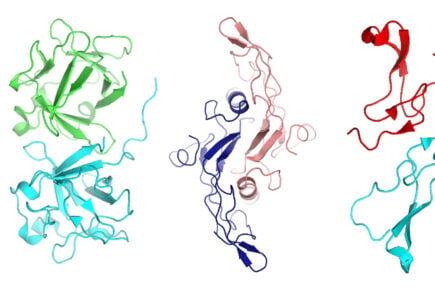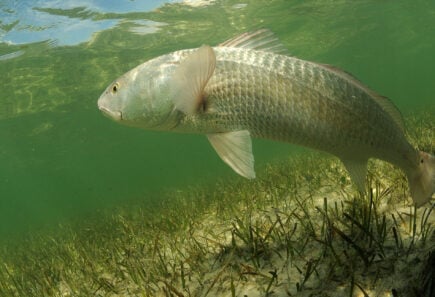Using machine learning to improve fish growth media
2020-2021
Dr. Ovissipour at Virginia Tech is applying machine learning techniques to develop and optimize low-cost serum free growth media for seafood cell lines.
PRODUCTION PLATFORM: Cultivated
TECHNOLOGY SECTOR: Cell culture media

Project aims
This project uses Response Surface Methodology and Artificial Neural Networks to produce an optimized media formulation for culturing stem cells from fish. It also creates predictive models that will guide and hasten future media optimization efforts.
This work will produce optimized media formulations that accelerate future research on cultivated seafood. It will also inform future efforts to optimize media for different species and cell types.
Principal researchers

Dr. Reza Ovissipour
Assistant Professor, Virginia Tech, USA
Dr. Ovissipour has extensive experience in both conventional aquaculture and the use of mathematical modeling techniques for optimization.

Inayat Batish
PhD student, Virginia Tech, USA
Inayat Batish has a background in cell culture research and mathematical modeling.

Thet Aung
MSc student, Virginia Tech, USA
Thet Aung has a background in food science and sustainability.

Dr. Lexi Duscher
Postdoctoral Associate, Virginia Tech, USA

Page
Sustainable Seafood Initiative
Learn how plant-based, fermentation-derived, and cultivated seafood can improve the health and sustainability of oceans.
View related grant projects

Lowering the cost of growth factors
Learn about Dr. Peter Stogios’ research engineering improved and lower-cost growth factors for cultivated meat at University of Toronto.

Seafood cell lines
Learn about Dr. Kevan Main and Dr. Cathy Walsh’s work at Mote Marine Laboratory to develop cell lines and methodology for cultivated seafood.

Formulating media with macromolecular crowding
Learn about Dr. Connon and Dr. Gouveia’s work at Newcastle University, UK to formulate growth media for cultivated meat with macromolecular crowding.
Explore research opportunities
-
Cultivated
High-performance oxygen carriers for cultivated meat
Mammalian cell culture performance can be limited by oxygen and carbon dioxide levels or by shear stress associated with sparging and mixing. The use of protein-based oxygen carriers could help…
-
Cultivated
-
Fermentation
-
Plant-Based
Optimizing fat profiles for nutritional and sensory properties
Because alternative meat’s fat content and fatty acid profile can be more easily controlled than conventional meat’s, there is an opportunity to alter fat content for nutritional benefits. Additional research…
-
Cultivated
Mapping animal cell metabolism to optimize media formulation
The cost and environmental impact of cultivated meat are driven by the cell culture media formulation and its conversion efficiency into meat. Metabolic modeling and engineering techniques can aid media…

Resource
Action paper: An ocean of opportunity
This action paper explores alternative seafood’s role in creating a sustainable, secure, and just food system.
